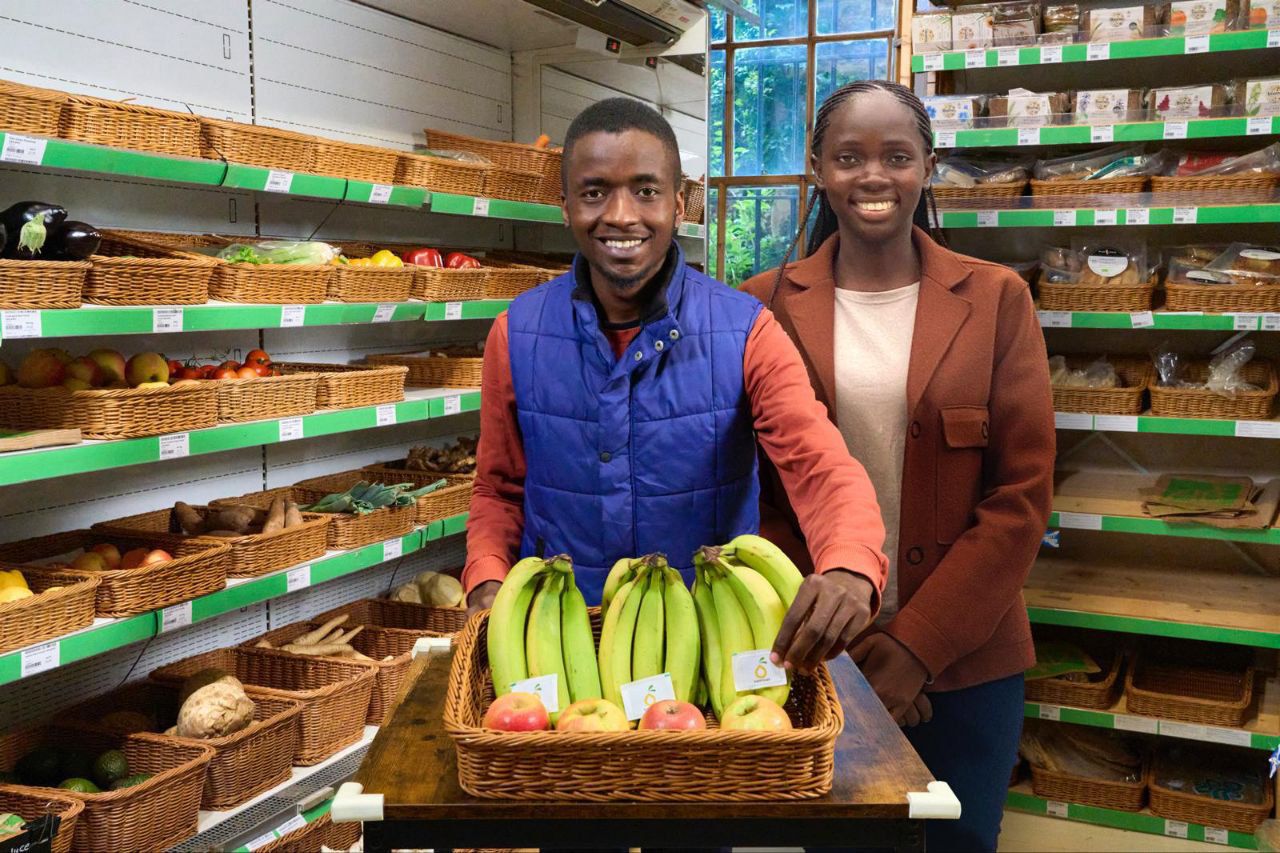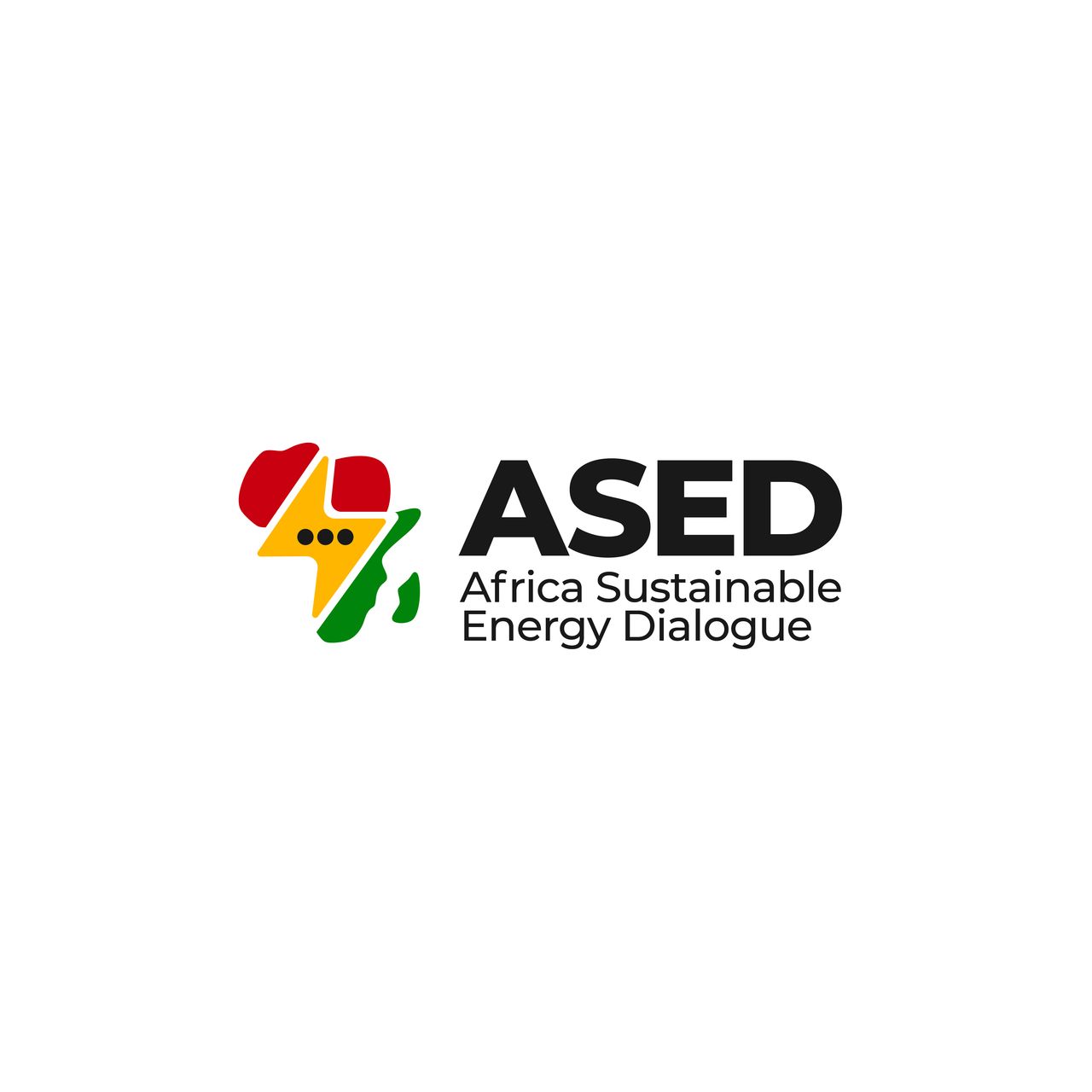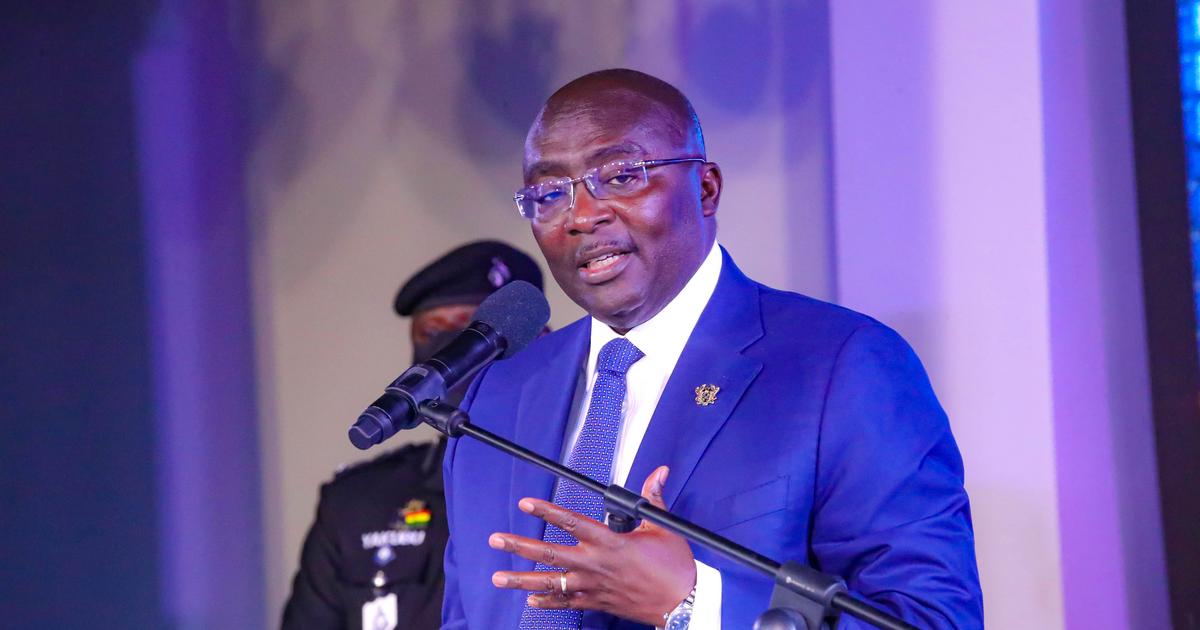In the fast-evolving world of fintech, few companies have managed to revolutionize traditional financial practices as effectively as MoneyFellows. While many African digital lenders rely heavily on working capital to fuel their growth, this Cairo-based startup has achieved something remarkable. By successfully digitizing the decades-old concept of Rotating Savings and Credit Associations (ROSCAs), MoneyFellows has lent billions of Egyptian pounds with minimal debt and balance sheet exposure.
Recently, MoneyFellows raised $13 million in a pre-Series C round, led by Al Mada Ventures and DPI’s Nclude Fund, marking a significant step in their journey to transition from steady growth to ambitious regional expansion. This round also saw participation from esteemed investors like Partech Africa and CommerzVentures, bringing the company’s total funding to over $60 million.
Founder and CEO Ahmed Wadi emphasized the startup’s unique position in the market. “We have managed to crack this model and reach profitability,” he stated, distinguishing MoneyFellows from fintechs that are burning through cash to scale. By keeping operations lean and adopting a digital-first approach, the company is transforming a financial system rooted in trust and community.
ROSCAs, known by various names globally (esusu in Nigeria, kameti in India, and gam’eya in Egypt), are informal savings groups where participants contribute regularly to a shared pool. Each cycle, one member receives the total payout, thereby cycling funds among the group. However, these offline systems often limit scalability and access.
MoneyFellows addresses these challenges by allowing anyone to form or join ROSCA groups, or “circles,” through its app. Instead of functioning as a traditional lender, the platform analyzes behavioral data and credit scores to match savers and borrowers. This innovative approach minimizes the need for capital, as the company steps in to fund any unfilled slots within the circles, thereby activating the entire group.
“Instead of canceling the group, we finance one slot, which activates and monetizes the remaining nine,” explains Wadi, who had previously tested the ROSCA model in Europe before establishing it in Egypt.
The typical lending business is structured around banks borrowing money to provide loans, which often incurs interest costs and default risks. Yet, MoneyFellows spreads financial risk across its users, maintaining that less than 10% of its ROSCA slots require the company to step in for working capital. This is a stark contrast to many “buy now, pay later” (BNPL) providers, which carry full working capital exposure.
Wadi highlights the efficiency of their system: “Today, only 7-8% of slots in active ROSCAs require us to step in with working capital.” As MoneyFellows continues to grow, so does the significance of this low exposure—a factor that underpins the company’s future plans for expansion.
Having reached profitability, MoneyFellows has solidified its place among African fintech startups paving their way to financial sustainability. Since its inception in 2018, the platform has grown to over 8.5 million users, a substantial increase from 4.5 million at its last funding milestone.
The company’s competitive borrowing rates and viral growth model have bolstered user adoption. As Wadi notes, “If you digitize the experience for two members of an offline ROSCA, they often bring the other eight with them.”
Moreover, the launch of a card product earlier this year, which allows users to receive payouts and make transactions across a merchant network, signals a commitment to continually enhance their service offerings. The company also plans to introduce investment, payroll, insurance, and remittance products, putting them in competition with other Egyptian digital banks like Lucky, Khazna, and Telda.
Looking ahead, MoneyFellows plans to replicate its success outside of Egypt, with Morocco being the first stop. After securing essential partnerships and regulatory approvals, the startup anticipates launching in Morocco by the end of the year. The country’s substantial unbanked population and strong informal savings culture present a promising landscape.
However, navigating other diverse markets will pose challenges, especially in regions where informal finance lacks cultural significance, or where formal banking prevails. “Cracking the model took longer than we thought,” Wadi reflected, acknowledging the complexity of digitizing ROSCAs. Their secure user trust and the intricacies of balancing numerous circles in real-time are pivotal for future expansion.
As MoneyFellows sets its sights on broader horizons, the importance of modernizing traditional financial frameworks cannot be overstated. With their successful adaptation of the ROSCA model, the company is positioned uniquely within the African fintech sphere, showcasing how innovation can breathe new life into ancient practices.
“ROSCAs are very old financial arrangements with roots going back hundreds, if not thousands of years,” said Omar Laalej, managing director at Al Mada Ventures. “AMV was impressed by the modernized version of this business that MoneyFellows was able to build.” As MoneyFellows continues to disrupt the status quo, its journey offers valuable lessons for emerging markets and fintech startups worldwide.
For more on the digital lending landscape in Africa and the rise of fintech, check our articles on African Fintech breakthroughs and MoneyFellows expansion plans.










